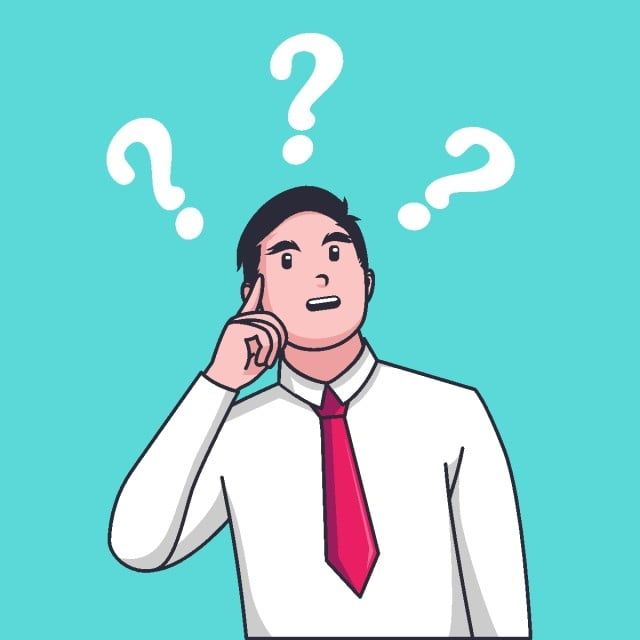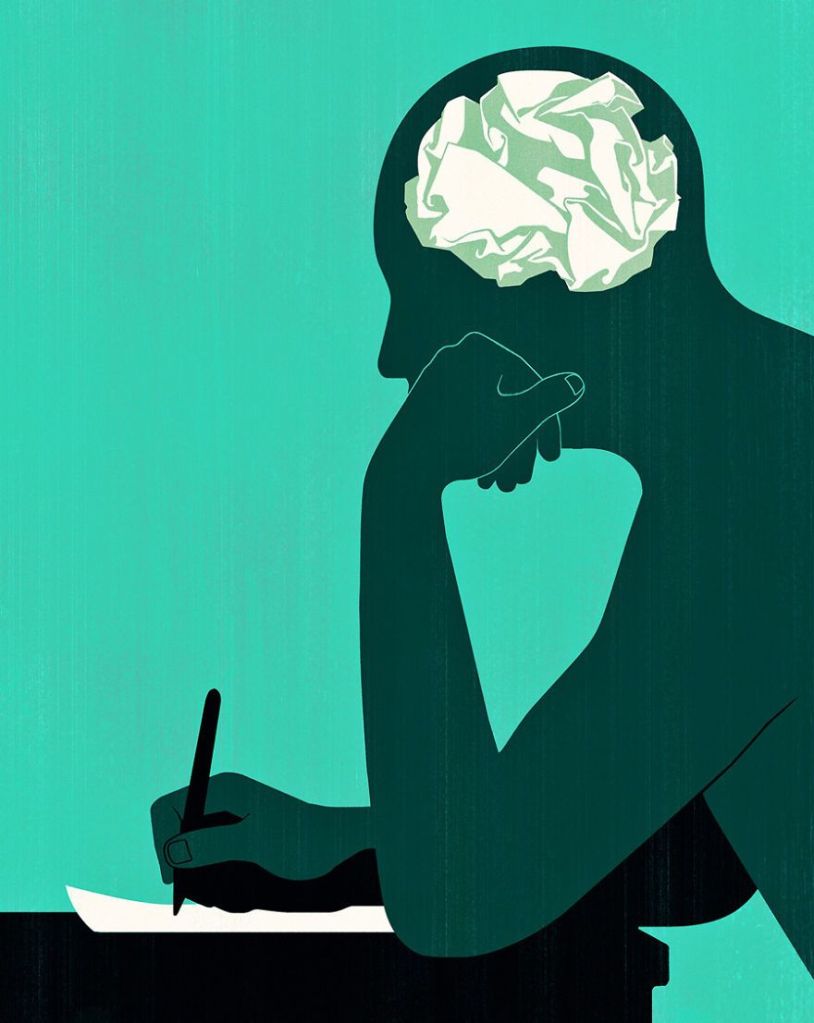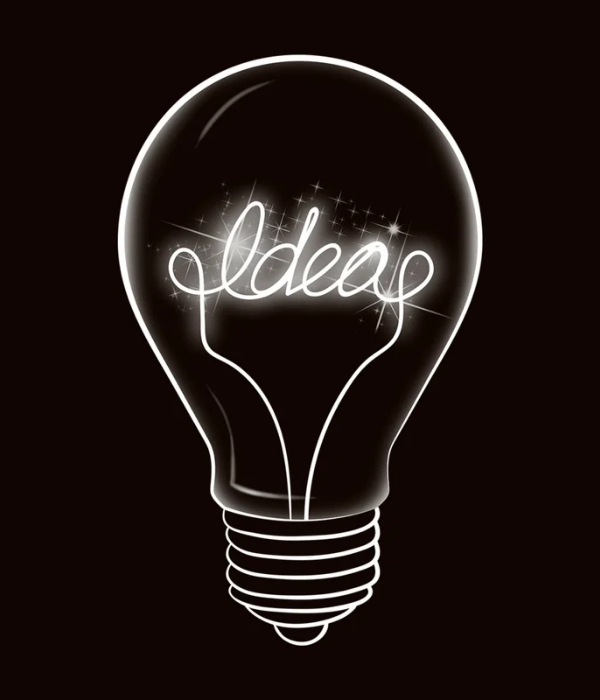Problem-solving is a critical skill that is highly valued in various aspects of life, including education, work, and personal relationships. Developing strong problem-solving skills not only allows you to overcome challenges efficiently but also fosters creativity, logical thinking, and resilience. In this article, we will explore effective strategies and techniques to enhance your problem-solving abilities and become a more proficient problem-solver.
Understand the Problem

The first step in solving any problem is to gain a clear understanding of the issue at hand. Take the time to define the problem accurately and identify its underlying causes. Ask yourself questions like “What is the problem?”, “Why is it a problem?”, and “What are the potential consequences?”. By dissecting the problem, you can break it down into manageable parts and focus on finding appropriate solutions.
Analyze the Situation

Once you have a good grasp of the problem, analyze the situation to gather relevant information. Collect data, facts, and figures that are pertinent to the issue. This process may involve conducting research, consulting experts, or seeking advice from others. By acquiring a comprehensive understanding of the problem, you can make informed decisions and generate effective solutions.
Generate Multiple Solutions

Avoid settling for the first solution that comes to mind. Instead, brainstorm and generate multiple solutions to the problem. Be open to different perspectives and approaches. Encourage creative thinking and explore unconventional ideas. Quantity is key at this stage. Remember, even seemingly impractical solutions may inspire innovative thinking and lead to breakthroughs.
Evaluate and Select the Best Solution

Evaluate each potential solution based on its feasibility, effectiveness, and potential impact. Consider the advantages and disadvantages of each option. Think about the resources required, the potential risks involved, and the desired outcomes. Choose the solution that aligns best with your goals and constraints. Trust your judgment, but be open to revisiting and refining your decision if necessary.
Implement the Solution

Taking action is a crucial step in problem-solving. Develop an action plan outlining the necessary steps to implement the chosen solution. Break down the plan into smaller, manageable tasks, and establish a timeline for completion. As you execute the plan, monitor progress, and make adjustments as needed. Remember to stay focused, flexible, and resilient throughout the implementation process.
Reflect and Learn

After solving a problem, take the time to reflect on the entire process. Analyze the outcomes and evaluate the effectiveness of your chosen solution. Consider what worked well and what could have been done differently. Reflecting on your problem-solving experience allows you to learn from both successes and failures, further enhancing your skills for future challenges.
Practice Regularly

Like any skill, problem-solving improves with practice. Seek out opportunities to solve different types of problems in various contexts. Engage in activities that stimulate critical thinking, such as puzzles, riddles, and strategy games . Collaborate with others to solve problems collectively, leveraging diverse perspectives and ideas. The more you practice problem-solving, the more confident and proficient you will become.
Develop Supporting Skills

Problem-solving is not an isolated skill but relies on several supporting skills. Enhancing your communication, creativity, and critical thinking abilities can greatly contribute to your problem-solving prowess. Effective communication helps you articulate problems clearly and collaborate with others. Creativity nurtures innovative thinking and encourages out-of-the-box solutions. Critical thinking allows you to analyze situations, evaluate options, and make informed decisions.
Conclusion
Improving your problem-solving skills is a valuable investment that will benefit you in all areas of life. By understanding problems, analyzing situations, generating multiple solutions, evaluating options, and taking decisive action, you can tackle challenges with confidence and efficiency. Remember to reflect on your experiences, practice regularly, and develop supporting skills to further enhance your problem-solving abilities. Embrace problem-solving as an opportunity for growth and self-improvement, and you will undoubtedly become a more effective problem-solver.







